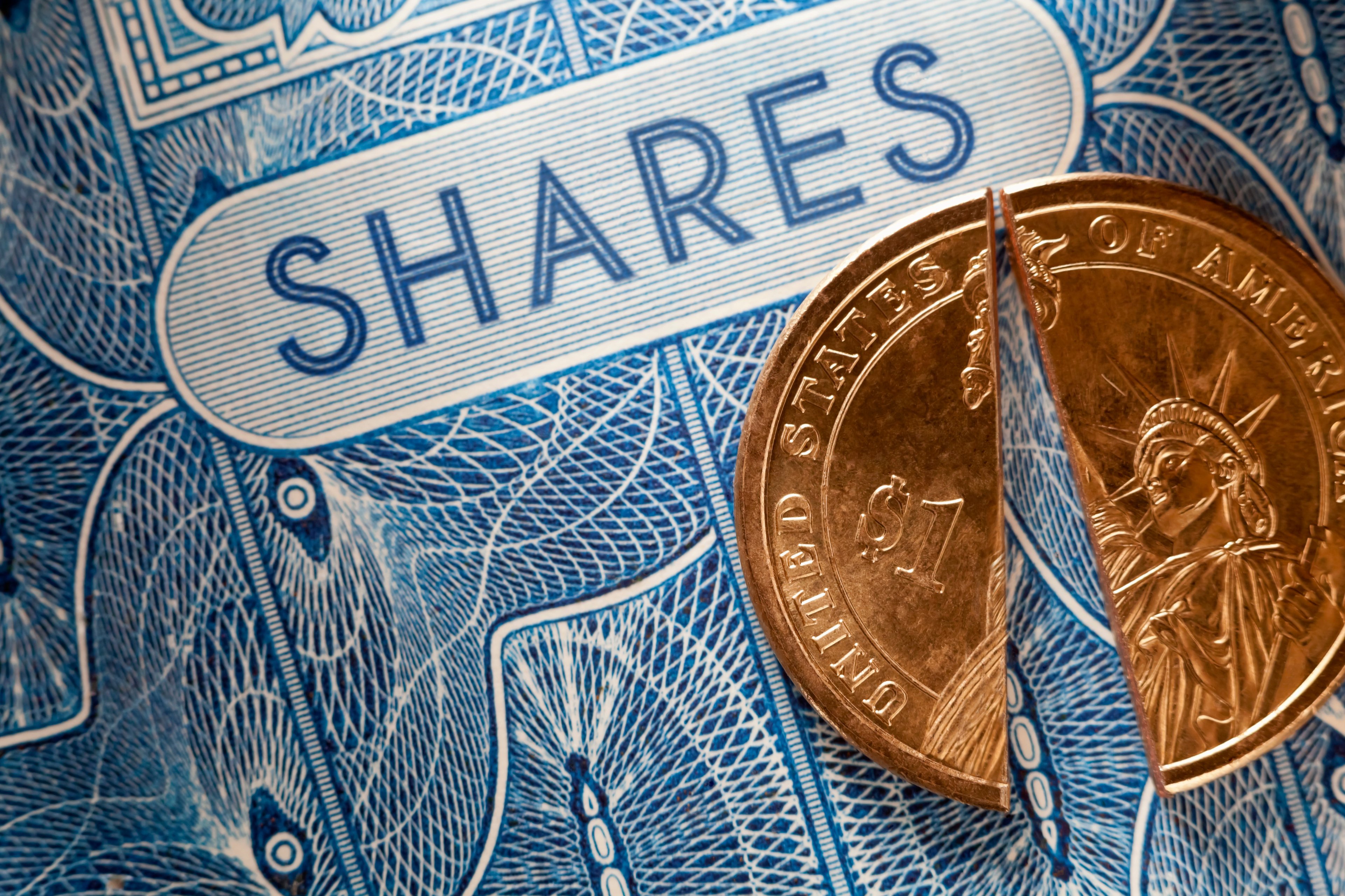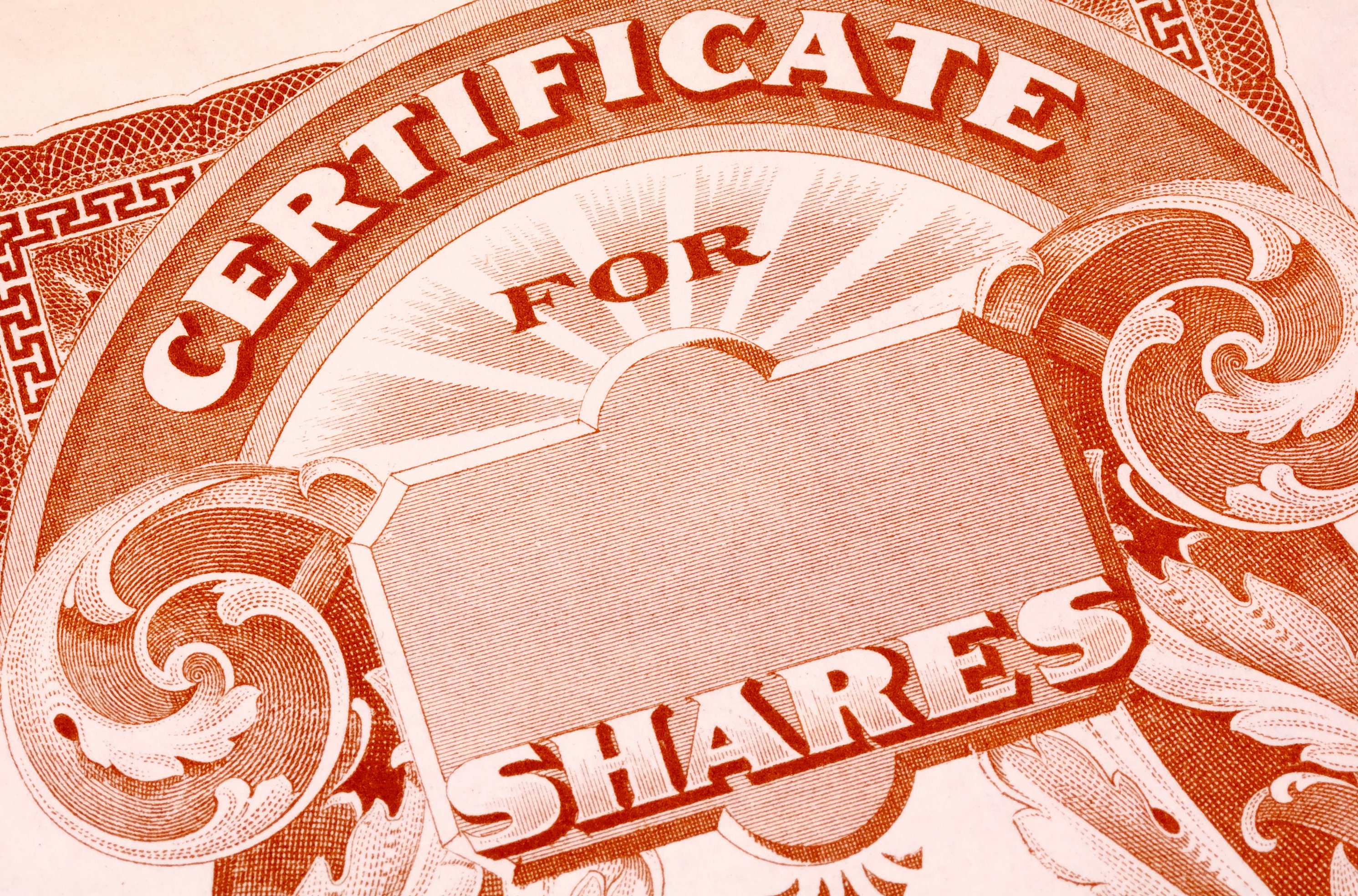Sony (SNE 1.82%) recently revealed its next-gen gaming console, the PS5, during a livestream event. It didn't announce the price or exact launch date, but revealed its design and some details regarding over two dozen games designed to be played on the console.
The biggest surprise was the reveal of two PS5 consoles -- a standard version with an optical drive for physical games and 4K Blu-ray discs, and a digital edition that lacks an optical drive.
The digital version could be $50 to $100 cheaper and might appeal to gamers who don't buy physical games and media. But it could spell trouble for GameStop (GME 0.45%), the struggling retailer that was counting on disc-based PS5 consoles to boost its holiday sales this year.

Image source: Sony.
Why is Sony launching a digital-only PS5?
Sales of physical games have declined over the past decade as digital distribution platforms expanded and download speeds improved. Video game publishers encouraged that shift since those publishers sold digital games -- which didn't require physical discs and packaging -- at much higher margins. Publishers also generally oppose sales of used games at retailers like GameStop, since they don't generate any fresh revenues. Digital games can't be resold or shared.
As one of the world's largest game publishers, Sony would benefit from gradually phasing out its physical games. That transition would also complement the growth of Sony's PlayStation Network (PSN), which delivers digital games directly to its PlayStation consoles, and its PS Now cloud gaming service.
Sony also prefers gamers to buy games directly on PSN instead of buying digital codes from third-party retailers since it cuts out the middleman and strengthens its ecosystem.
That's why it barred GameStop and other retailers from selling digital download codes on PSN last year.
At the end of 2019, Sony had sold over 106 million PS4s and hosted 103 million monthly active users (MAUs) on PSN. That sticky ecosystem can eliminate Sony's dependence on retailers, and merge its software and hardware into a "walled garden" akin to Apple's App Store.
A digital-only PS5 could also compete more effectively with Microsoft's (MSFT +0.00%) Xbox Series X in pricing. Neither Sony nor Microsoft have revealed the launch prices of their next-gen consoles yet, but Sony gained a head start at the beginning of the current console cycle by pricing the PS4 at a lower price than the Xbox One.
Microsoft hasn't announced a digital-only Xbox Series X yet, but it notably launched a digital-only Xbox One S last year -- and recent leaks suggest a cheaper disc-free "Xbox Series S" is in the pipeline. The digital edition of the PS5 could pre-emptively counter that lower-end Xbox.

Image source: Getty Images.
Why is this bad news for GameStop?
GameStop's stock has crashed nearly 90% over the past five years due to sluggish mall traffic, declining sales of new and used physical games, constant CEO changes, a failed bid to sell itself, and the suspension of its dividend. The COVID-19 crisis exacerbated that decline.
GameStop's global comparable store sales declined by 19% in 2019, then tumbled another 17% in the first quarter due to COVID-19 shutdowns. Wall Street expects its revenue to sink 12% for the year as it posts a net loss.
GameStop attracted some bullish interest last year after Scion Asset Management's Michael Burry, portrayed by Christian Bale in the film version of Michael Lewis' The Big Short, took an activist stake in GameStop. Burry dismissed the notion that digital distribution platforms would kill GameStop, and declared the arrival of new disc-based consoles like the Xbox Series X and PS5 in late 2020 would extend its life.
Unfortunately, the introduction of the all-digital PS5 -- and the possible arrival of an all-digital Xbox Series S -- could torpedo that bullish thesis.
Could there still be hope for disc-based consoles?
Physical media is gradually fading away, but there will always be gamers -- especially older ones who own large collections of discs -- who prefer having optical drives.
Physical versions of games are often bundled with collector's items, and optical drives can be used to play backwards-compatible games, Blu-ray discs, and DVDs. That's why the standard versions of the PS5 and Xbox Series X will still come with optical drives.
Therefore, the digital edition of the PS5 isn't sounding the death knell for GameStop yet, but it generates another long-term headwind for the struggling retailer.








